 Zocor Myths Debunked: Separating Fact from Fiction
Zocor Myths Debunked: Separating Fact from Fiction
Myth of Zocor's Instant Effectiveness Explained
While Zocor is a popular medication for managing cholesterol, expectations about its speed of action may not align with reality. Some believe that taking Zocor will result in immediate reductions in cholesterol levels, but this misconception warrants clarification. Zocor functions by inhibiting an enzyme responsible for cholesterol production in the liver, and its effects build gradually over weeks. Individuals should engage in regular follow-ups with their healthcare provider to monitor and adjust treatment as needed. Patience, coupled with lifestyle modifications, is crucial for Zocor to reach its full potential.
| Key Information | Details |
|---|---|
| Effect Onset | Weeks, not instant |
| Mechanism | Enzyme inhibition |
| Important Action | Regular monitoring |
Understanding Zocor and Muscle Pain Concerns

Zocor, known for managing cholesterol levels, can sometimes cause muscle pain, though this is relatively rare. It's crucial for patients experiencing any discomfort to report symptoms to their healthcare provider promptly. Medical evaluations help determine if Zocor is the cause, since muscle pain might stem from various factors. Personalized treatment plans and potentially adjusting medication can alleviate concerns. Understanding the body’s response and maintaining an open dialogue with doctors ensures both effective cholesterol management and overall comfort for the patient.
Debunking the Weight Gain Myth with Zocor
Many people mistakenly believe that weight gain is a common side effect of Zocor, a medication used to manage cholesterol levels. However, clinical studies and medical evidence do not support this claim. Instead, Zocor primarily works by reducing cholesterol synthesis in the liver, having no direct link to changes in body weight.
The confusion might arise due to the overall health changes or lifestyle factors that accompany cholesterol management. Sometimes, dietary or exercise modifications made alongside taking Zocor could unintentionally lead to weight changes, independent of the medication itself.
Understanding the real impact of Zocor on your body requires a look at how lifestyle adjustments can influence weight. It’s crucial to differentiate between side effects caused by the medication and those stemming from broader changes in health habits. Consulting with healthcare professionals can provide clarity and personalized guidance to manage cholesterol effectively without unnecessary concerns about weight gain.
Zocor and Its Impact on Mental Health

While often celebrated for its efficacy in managing cholesterol levels, Zocor's influence on mental health is a topic of dynamic discussion. Concerns have arisen about its potential link to mood changes, with some users reporting feelings of anxiety or depression. However, extensive research suggests these claims are largely unfounded or exaggerated. Most studies conclude that any psychological effects are rare and often inconclusive, indicating that Zocor remains a viable option for most individuals when prescribed thoughtfully. It's important for patients to maintain open communication with healthcare providers, thus ensuring that mental health is monitored alongside physical health.
Understanding the complete picture requires recognizing the nuances in medication effects. The perceived connection between Zocor and mental health issues can often stem from the complex interplay of factors, including individual patient history, dosage, and other concurrent medications. Clinicians emphasize the importance of considering these elements before attributing psychological shifts solely to Zocor. As with any medication, vigilance and informed discussions about potential side effects provide the best pathway to a safe and effective treatment experience.
Fact-checking Zocor Interactions with Other Drugs
Navigating the realm of medication interactions can be as complex as a jigsaw puzzle, especially when it comes to Zocor. Often, patients are apprehensive about combining Zocor with other drugs, worried about their potential interactions. While it's crucial to consult with a healthcare provider for personalized advice, general knowledge can demystify some concerns. For instance, Zocor, known by its generic name simvastatin, can interact with certain medications like certain antibiotics and antifungal drugs, which may potentially increase the risk of muscle damage.
However, not every interaction spells danger. Sometimes adjustments in dosage can mitigate risks effectively. Understanding these nuances is fundamental for patients aiming to benefit from Zocor's cholesterol-lowering effects while minimizing adverse reactions. Here's a quick breakdown of some potential interactions:
| Drug | Potential Interaction |
|---|---|
| Antibiotics (e.g., clarithromycin) | Increased risk of muscle damage |
| Grapefruit juice | Can elevate Zocor levels, leading to side effects |
| Blood thinners | May alter blood clotting effects |
Misconceptions about Zocor and Aging Patients
A common misunderstanding is that Zocor, a widely used statin, isn't suitable for older patients. Concerns often arise from assumptions that its side effects are particularly harsh on aging bodies. In reality, Zocor is considered effective and generally well-tolerated across various age groups, including those over 65. The key is appropriate monitoring and dosage adjustments, which allow older patients to benefit from its cholesterol-lowering effects without undue risk.
Clinical studies underscore Zocor's role in reducing cardiovascular events in elder populations, contradicting the belief that its risks outweigh its benefits. Healthcare professionals emphasize the importance of individualized treatment plans, which help dispel myths surrounding statin use in older adults.

